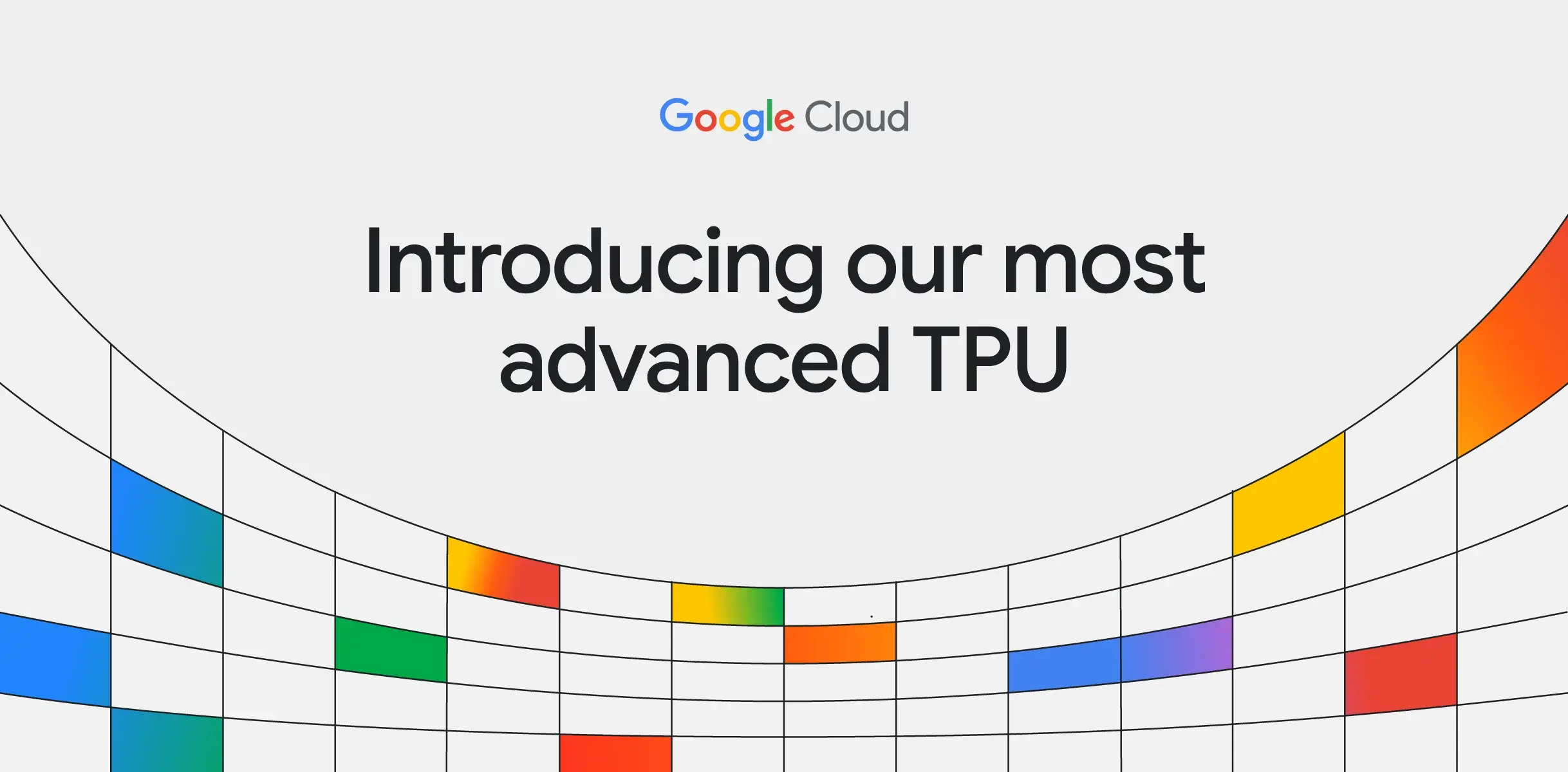Google introduced the sixth generation of its Tensor Processing Unit (TPU) for data centers, named Trillium, at the I/O 2024 Developer Conference today. Although a specific release date wasn't mentioned, Google confirmed that Trillium would be available later this year.
Enhanced Memory Bandwidth and Performance Gains
Google CEO Sundar Pichai highlighted the company's continuous commitment to AI advancements, stating, “Google was born for this moment. We have been a pioneer in GPUs for more than a decade.”
Pichai then showcased the remarkable performance enhancements of Trillium. Compared to the fifth generation TPU, Trillium offers an astounding 4.7 times increase in computing power per chip. This leap was made possible by improving the chip’s matrix multiplication unit (MXU) and increasing the overall clock speed. Furthermore, Trillium benefits from doubled memory bandwidth.
Third-Generation SparseCore Technology
Trillium integrates Google’s third-generation SparseCore technology, described as “a purpose-built accelerator for common large-scale tasks in advanced ranking and recommendation workloads.” This advancement enables Trillium TPUs to train models more swiftly and provide lower latency when serving those models.
Focus on Energy Efficiency
Energy efficiency was another major focus for Google. Pichai emphasized Trillium as the company’s “most energy-efficient” TPU to date. This is especially important given the increasing demand for AI chips, which can significantly impact the environment. Google claims that Trillium delivers a 67% improvement in energy efficiency compared to the previous generation.


Leave a Reply